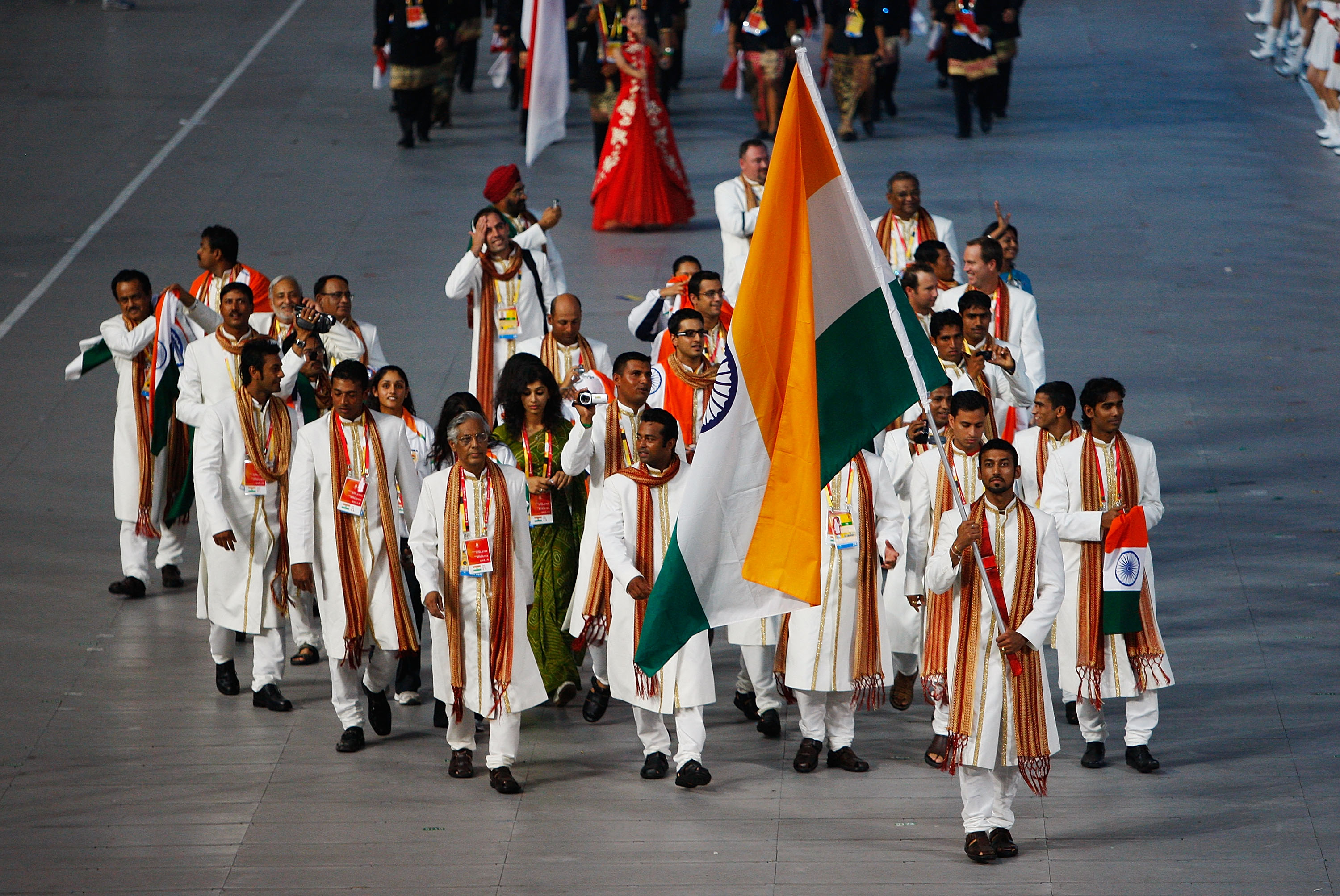Lessons from Rio - Why India should not bid for Olympics until at least 2040
In April 2015, IOC President Thomas Bach visited India and met Prime Minister Narendra Modi amid wide speculation that India would enter in a bid for the 2024 Olympics. After a closed door meeting, both leaders announced that they mutually agreed that 2024 is too early for India to host the event.

The 2020 Olympics as well happening in Asia (Tokyo) must have been a factor, but it appeared commonsense had definitely saved the day for India. However, the 'danger' has not yet passed and clamor for India to host will come up every four years from now on.
Our Olympic record has never been better, although the low standards we had set for ourselves in the past has more to do with it. We have doubled our medals from 2008 to 2012 and we look to only increase that number at Rio. More importantly, the nation is on an upward surge for the past 20-odd years and is on the verge of breaking into the top-few list of economies in the world. People have never been more financially independent, expendable incomes have risen, and the country looks to sneak into or take its rightful place (dependent on who you are talking to) at every second global body – the UN Security Council, the NSG etc. Surely, we can host a silly sports event? That is exactly the reasoning that has gone behind every Olympic bid of late – resurgent, read Russia, or rapidly developing nations, read Brazil, bidding for the biggest chest-thumping honors in sight. And that is exactly the pitfall India should avoid. In fact, we should desist from even trying to bid for the Games for the next 20 years.
When the Olympics were awarded to the Carnival city of Rio, Brazil was at the peak of an economic boom – commodity prices were sky high, the country was among the best-performing of all the emerging nations, the mood was ebullient. Fast forward to 2015, and the Rio Olympics have proved to be the worst advertisement for the sporting carnival ever. Their worst recession in decades, double-digit inflation, Zika, riots, impeachment of its President days ahead of the Games all come together to paint a gruesome poster for the Olympics. But that has distracted us from the obvious – the constant narrative underlying every Olympics since forever. That this is not a one-off case.
Doomsday predictions abound every time the Olympics are near. Reports show semi-finished pictures of stadiums, real-life stories of distressed locals, and tales of mistreated migrant laborers give us a view of the dark side of the moon. But the Games have come and gone. Nothing majorly untoward has happened, and each one has been better than the previous and everyone has had a blast! So what's the problem?
The Olympics are something like your house party. You may be the worst host ever and you forgot to order the pizzas on time, and when they do arrive late, there is not enough to go around. But everyone always has a great party as long as there are enough fluids to go around. It is the cleaning up after that is the trouble. No one stays back to lend you a hand. And you do not know what to do with that costly barbeque stove you got made. The Olympics are something like that – it's just that you have about a few thousand more guests, and the barbeque set costs you twice your annual salary.
The 1970s marked a watershed in the economic history of the Olympics. Until then, the events were held by cities that had the requisite infrastructure and did not need to rob the Central bank to build stadiums. The 1976 Olympics were held in Montreal. "The Olympics can no more lose money than a man can have a baby," bragged Montreal Mayor Jean Drapeau before the Games. But the events which were originally projected to cost US$124 million eventually ran up a bill of US$2.4 billion, a cost overrun of 2,100%! To put the idiocy in perspective, that 2,100% would be how much Donald Trump would over-run his projected costs for the wall at the Mexican border if he ever became President of the US and got to it.
The 2004 Olympics in Athens were so expensive that they hold a big part of the blame in the country's economic downturn. The stadiums now reportedly are homes for squatters and the financially derelict.

 Faliro Olympic complex, Athens in 2014 ©
Faliro Olympic complex, Athens in 2014 © In fact, the 1984 Olympics in Los Angeles have been the only Olympics in recent history to ever not go into the red. Every other Olympics has been a drain on the resources with no discernible and long-lasting benefits.
The Rio Olympics promised to bring down the costs after the sky-high costs of Beijing at US$45 billion and the US$8 billion of the 2012 London Olympics (given London's already-existing infrastructure). The initial bid by the city to the IOC stood at US$2.88 billion. But of course, they had flouted the IOC norms and not included the infrastructure costs that were necessary to make the city ready for the Games – that is like failing to factor in the dowry in a fat Indian wedding. The cost estimates currently stand at US$20 billion and are only expected to go upwards.
For a country where bus stands are erected 15 years from schedule and where ruling and opposition parties both claim the honors, we are lightyears away from the Olympics. It is impossible given India's current state of infrastructure and the capability of our organizations to even conceive of such a monumental project.
Additionally, the country's sports bodies are a story unto themselves. While half the bodies are run by corrupt politicians and industrialists, the other half just do not exist. India's boxers were until last month fighting under neutral banners and not under the national flag because the federation had been suspended due to rigged elections. It has required a Supreme Court intervention through the Lodha Committee to even attempt the clean-up of the nation's most popular sport. Stories emerge of financial irregularities in the Delhi Cricket Association, right in the middle of the national capital, and allegedly under the administration of the nation's current Finance Minister. We certainly have not developed the class of sports administrators who can carry this off.

 debris of a collapsed bridge at the Jawaharlal Nehru stadium on September 21, 2010 in New Delhi, India © Getty
debris of a collapsed bridge at the Jawaharlal Nehru stadium on September 21, 2010 in New Delhi, India © GettyFinally, we have not exactly covered ourselves in glory when we last hosted an international event. The Commonwealth Games held in 2010 signaled, if not anything else, a landmark in India's corruption capabilities. As evidence emerged of everything from signboards to stopwatches being contracted out to hawala companies, the moment of glory turned into a public walk of shame.
Hard to digest, but we should face the facts when they stare us in the eye – India is not ready to host an international event of any size, let alone the Olympics. Not now, not later, not in the next decade, and probably not in the decade after that as well. And when the time does come, it must be a decision based on sound economic models rather than a jingoistic celebration of the nation's big-boy status. Until then, we would be best served if our attention and finances were channeled into developing sport at the grass-roots level. Sports facilities we develop at every city should, from now on, be built with the professionalism and vision that will allow them to be readily available, if and when India decides to host the Olympics. Until then, the Olympics can take care of itself.

Comments
Sign up or log in to your account to leave comments and reactions
0 Comments